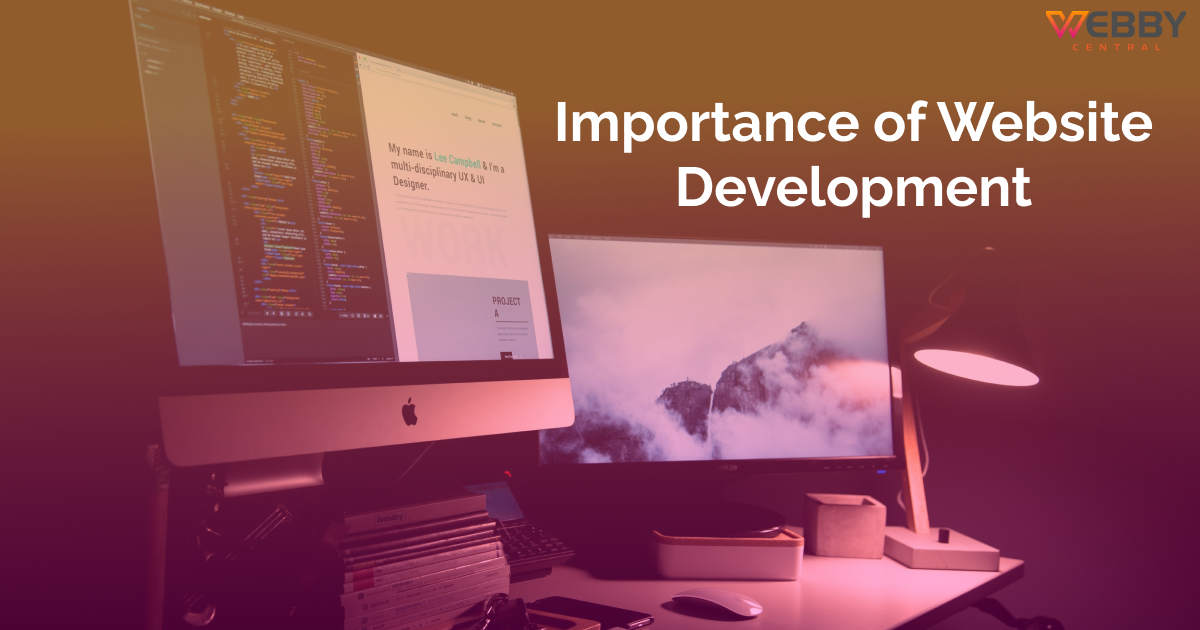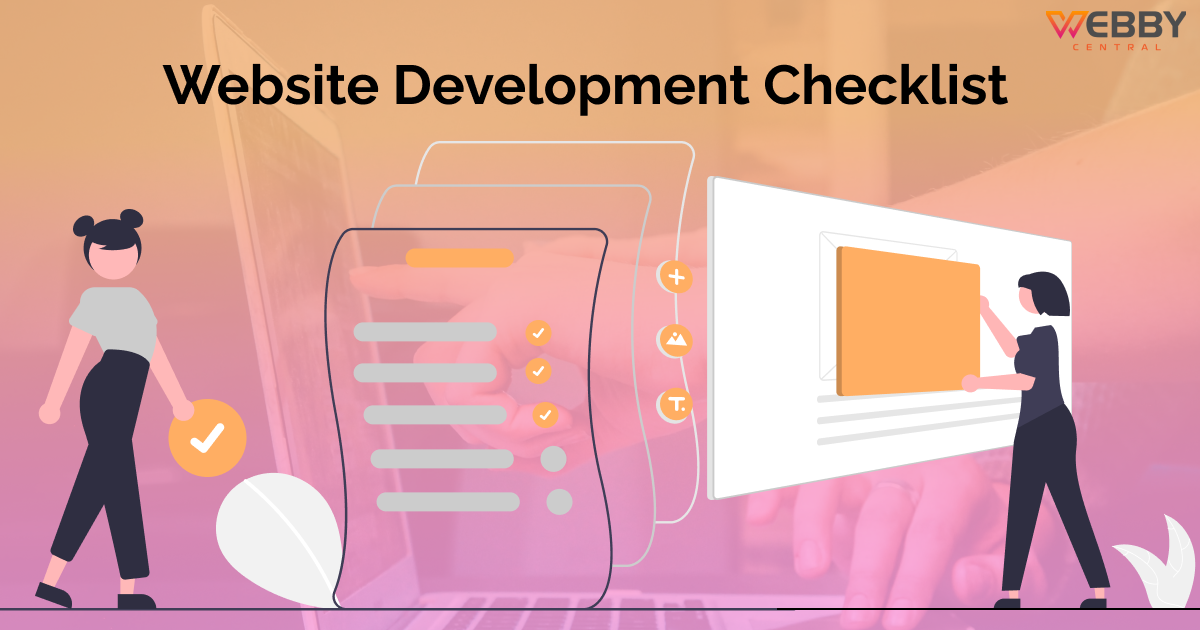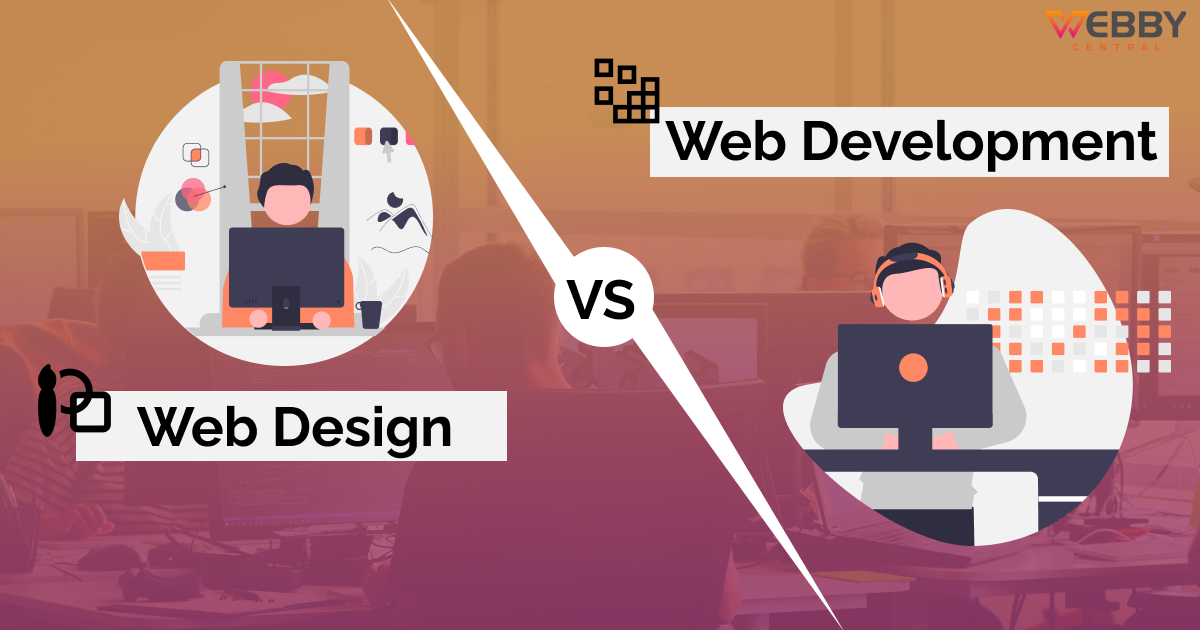Are you confused among so many CMS platforms out there? Do you often wonder which one is the best CMS to build your website on? If yes, read on. This blog lists top CMS platforms that you can use to create an appealing and highly functional website quickly.
Starting a website couldn’t have been easier than it is in the 21st century. Today, you have plenty of options to choose from and build a standout website, irrespective of niche, in no time. CMS holds a great place when it comes to website creation.
So many best CMS platforms are out there that you can pick to build a website (and manage content effectively). A robust CMS helps you create a highly functional, scalable, and secure website without needing to build every page from scratch using tedious code.
Like any other business, you also want to build a website that can keep you ahead of the curve, especially in today’s competitive times. Consequently, you hire a web design and development company to help you choose the right CMS software per your business needs and budget and take care of all your web needs.
To help you choose the best content management system software, we have compiled a list of top CMS platforms. These CMS can help you create every type of website from blogs to e-commerce stores, portfolios, news sites, education portals, government websites, and a lot more.
But before we jump right to the list of best content management systems, let’s first get to the nitty-gritty of CMS.
Read? Let’s dive in!
Content Management System (CMS): Quick Introduction
CMS, also known as a content management system, is software that enables you to seamlessly create a website and manage the content in a systemized way.
Usually, the websites are written in HTML, JavaScript, and CSS programming languages. However, the CMS frameworks eliminate the code writing and help you create, manage, and modify web content without having specialized technical knowledge or so.
All in all, CMS is a one-stop solution you need for creating websites and managing content effortlessly. A CMS also handles organizing everything on the front end of your site, for example, publishing a blog post.
How to Choose the Right CMS Software to Start Your Website
A million-dollar question — how to choose the right CMS platform for your website? Choosing the best content management system can be tricky. The choice becomes even more difficult because there are so many best CMS platforms out there to confuse you.
What to do then? How to pick the best-suited CMS for a website amid the clutter and noise? Don’t fret!
Here’s what you can look for:
- Ease of Use
- Popularity
- Design Options
- Data Movability
- Core Functionality
- Customization Options
- Multilingual Support
- Extensions, Plugins, and Add-Ons
- Pricing
- Help and Support Options
List of 7 (Best and Most Popular) CMS Platforms to Build Your Website
WordPress
A CMS, everyone has heard of — WordPress. Currently powering over 39% of all websites with a market share of around 64%, WordPress is the most popular and number one choice for many business owners and renowned web design consultants. It is a free and open-source content management system software initially designed for blogging. But today, it’s used for building all types of feature-rich websites, including e-commerce stores.
Key Features:
- Free, Open-Source, and Easy of Use
- Highly Flexible and Extensible
- Highly Customizable Themes and Plugins
- Strong, Huge, and Supportive Community
- Intuitive Publishing and Content Management Options
Joomla
Joomla is a powerhouse of CMS that comes with lots of appealing templates and extensions. Being open-source and free to use, Joomla is feature-packed, providing one-click installation. Even though Joomla may not be as beginner-friendly as others, it is flexible in so many aspects. Joomla is a great option if you need to manage a lot of custom post types. So if your website isn’t largely text content-based, Joomla is the right choice.
Key Features:
- Ease of Installation
- Flexible, Easy to Extend, and Customize
- SEO-Packed
- Multilingual Support
- Advanced User Management Options
- Document Indexing
Drupal
Drupal is another robust CMS software that most businesses use to build a highly customized website that requires handling multiple data. Some big giants, including Tesla, NCAA, The Emmy Awards, NASA, and more leveraged Drupal. It gives you a high degree of control over your users and their permissions, and it can even handle multilingual sites out of the box. Its flexible taxonomy system manages sites with large amounts of content and is much more powerful than its competitors.
Key Features:
- Easy and Flexible
- Advanced User Management
- Support for Multilingual Sites
- Detailed Taxonomy System
- Top-Notch Security
- Complex and Multi-Domain Management
Wix
Wix is one of the easiest and most popular drag-and-drop website builders. It makes the web building process smooth, simple, and fast. The best thing is, it is beginner-friendly which means you can use it without worrying about coding or any other technicalities. Wix is a cloud-based platform, ideal for HTML5 and mobile-optimized websites. You can also add more functionality to your website with Wix plugins.
Key Features:
- Drag-And-Drop Builder
- Mobile-Optimized Themes
- Multilingual Website
- Built-In Google Analytics
- Square POS Integration
- Advanced SEO Tools
Squarespace
Building a website from scratch hassle-free has never been easier, thanks to Squarespace for making this happen. Squarespace is another most popular CMS platform that is handy, making it easy for non-technical users to create a website in no time. In fact, Squarespace is not only ideal for regular websites; it also helps you build lightweight, sales-driven e-commerce stores and lets you manage your online store effortlessly.
Key Features:
- Drag-And-Drop Management
- Highly Customizable Templates
- Multiple Contributors and Access Levels
- Built-In Mobile Websites
- Style Editor
Typo3
It is a free, open-source, and scalable CMS software that has been around for quite a while now. Typo3 is a CMS with scalability as its main selling point, and it caters to enterprise-level websites. It is the best-suited CMS for those who know technicalities or so. If you are looking for a CMS to build an intranet, Typo3 would be an excellent choice. Plus, there are numerous Typo3 extensions out there that offer extra functionality to the websites.
Key Features:
- Multilingual Support
- Ideal for Enterprise-Level Sites
- Manage Multiple Sites Via Single Installation
- Highly Extensible
- 6000+ Extensions and Applications
Weebly
Weebly is widely known for building websites in minutes. It is an easy-to-use CMS that lets you set up a simple yet appealing website within a matter of minutes. Weebly uses a drag-and-drop format, enabling you to add features and media to your website easily. All the tools you need to create a site that’s unique to you without any technical expertise. The CMS offers over 50 customized templates to help you create a personalized blog for your website.
Key Features:
- Drag-And-Drop CMS
- Add Media Easily
- Built-In SEO
- Password-Protected Pages
- Stylish Themes with Various Layouts
Wrapping It Up
So this was the list of top CMS platforms you’d been looking for, for so long. Remember, when it comes to choosing CMS, the “one-size-fits-all” approach doesn’t work. You (as a business owner) need to pick the CMS software that goes well with your core business needs, goals, and budget.
The right content management system can be a key piece of your business puzzle. So whatever CMS you choose from the list, choose wisely. Good luck!
What do you think is the best CMS other than the list we mentioned?










Write A Review